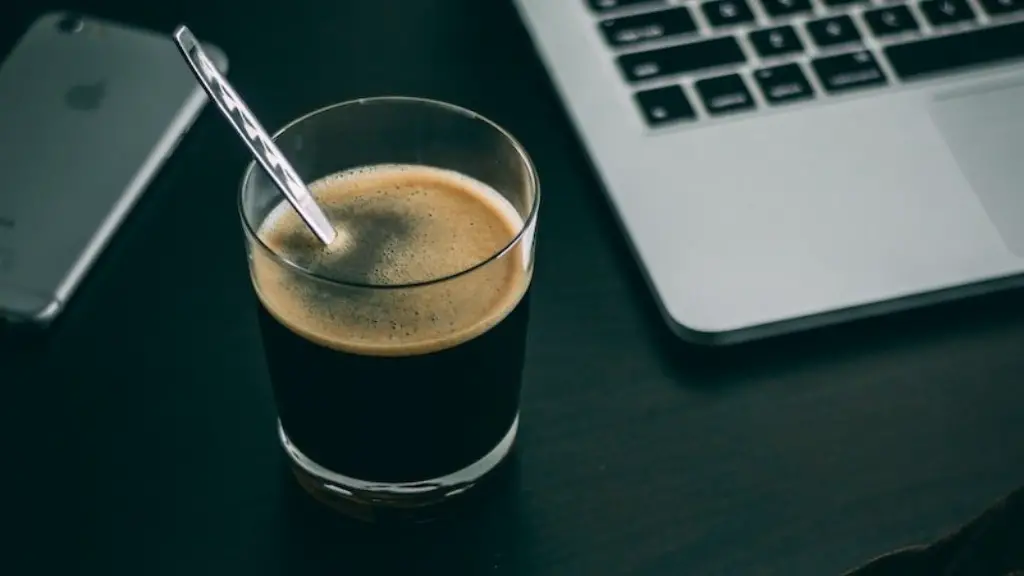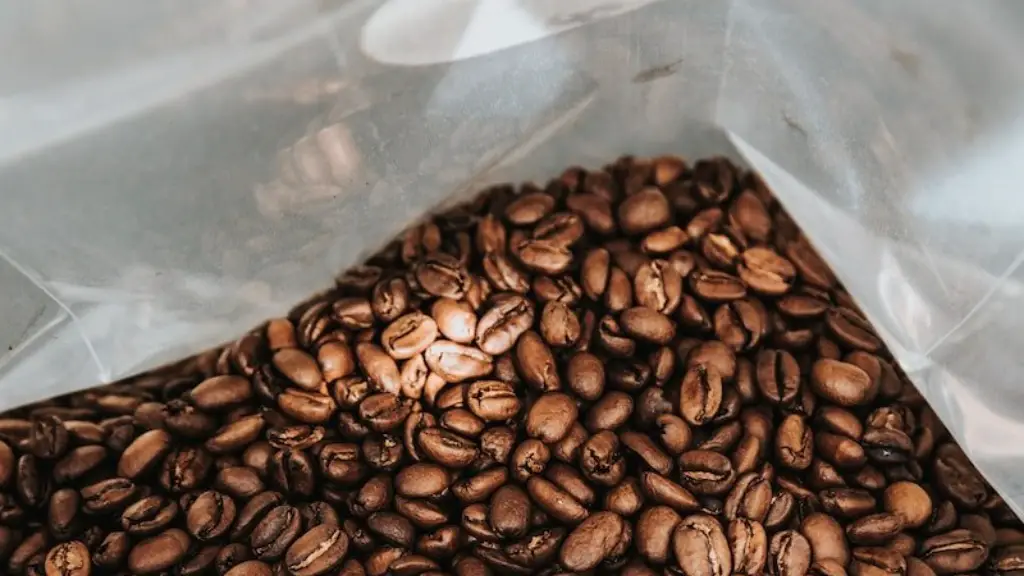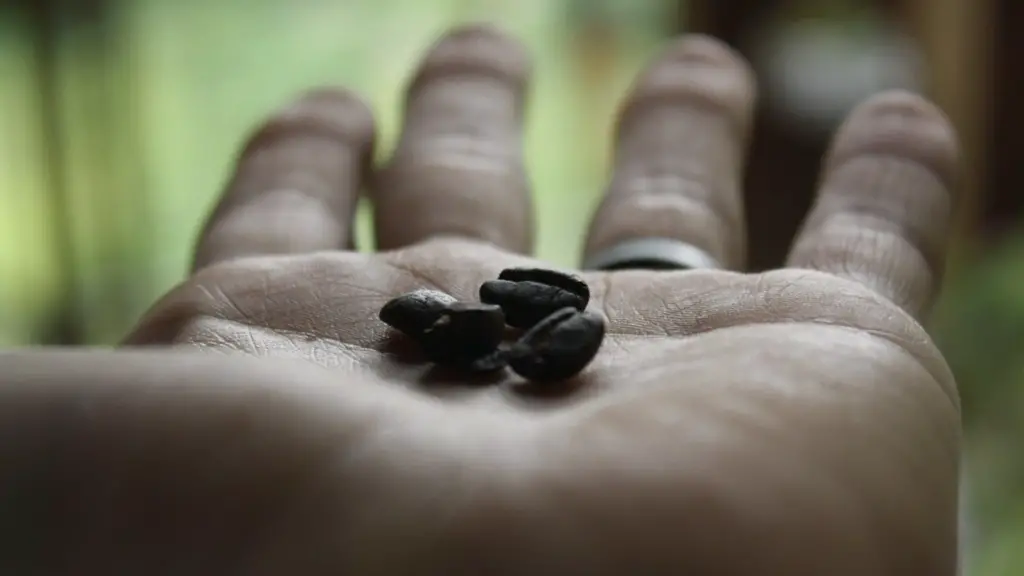Is it safe to drink coffee during periods?
Coffee can be a saviour on days when the cramps hit – but is it actually safe to drink when it’s that time of the month?
Most healthcare professionals will agree that caffeine is a safe way to help manage the discomfort of period pain. However, as with anything consumed in large quantities, moderation is key. Caffeine is a diuretic, which means it increases the production of urine and can lead to dehydration if taken in excess. Therefore, it’s advised that caffeine intake should not exceed 400mg a day (Other sources suggest 200mg to 300mg per day). That’s the equivalent of two 8-ounce cups of brewed coffee. Anything more than this can lead to headaches, restlessness, and irritability.
In regards to coffee and its effects on period symptoms, coffee can elevate stress levels, increasing the intensity of PMS symptoms. It can also, exaggerate cramps because caffeine is known to cause vasoconstriction, or a narrowing of the blood vessels. In fact, drinking too much coffee during your period, can actually increase the production of stress hormones, resulting in increased heart rate, tension headaches and an uncomfortable feeling of pressure.
Not all opinions are negative though. Caffeine stimulates the production of endorphins, our body’s natural painkillers, which can act as a natural remedy to period pain. Caffeine may also help to reduce fatigue by increasing dopamine and serotonin levels, improving energy and mood.
It’s important to remember that what works for one person may not work for another, as caffeine sensitivity is not the same for everyone. Caffeine can also interfere with certain medications, so it’s worth checking with your doctor if you’re taking anything or if you’re unsure of its effects on your body.
Overall, the answer to whether coffee is safe during periods is largely dependent on the individual, their usual daily intake, and their sensitivity to caffeine. In most cases it is safe and can improve your energy, mood, and pain levels. However, it’s important to practice moderation and not to exceed 400mg of caffeine per day.
Effects of the Caffeine in Coffee
Caffeine is a stimulant, meaning it can temporarily increase alertness and focus, increase energy levels and can even give you a sense of euphoria. It does this by blocking the action of a chemical in the brain called adenosine, which is responsible for making us tired after a long day. The result is that someone drinking coffee will experience a lighter and more energetic feeling.
Caffeine can also increase the production of certain hormones, such as adrenaline and cortisol, leading to the stimulation of the sympathetic nervous system. In other words, caffeine can increase heart rate, blood pressure and respiration. For this reason, it’s important to take caution when drinking coffee, especially if you are prone to anxiety.
Caffeine is also known to have diuretic effects, meaning it increases the production of urine and can lead to dehydration. This is especially true if someone is drinking coffee in large quantities, so it is important to stay hydrated when drinking coffee.
Finally, caffeine is known to have an effect on blood sugar levels, as it can increase the absorption of glucose in the body, leading to a rise in blood sugar levels. For this reason, it’s best to avoid drinking coffee if you have diabetes or are pre-diabetic.
Caffeine Intolerance
Caffeine intolerance is a condition in which the body is unable to process the stimulant effectively, leading to elevated levels of caffeine in the bloodstream. Symptoms of caffeine intolerance may include anxiety, restlessness, nausea and headaches. Generally, a person can become intolerant of caffeine through overdose, by consuming high amounts of caffeine in a short period of time.
In most cases, caffeine intolerance can be managed through moderation and by avoiding drinks that have high levels of caffeine. However, if symptoms persist it’s important to seek medical advice, as there may be an underlying health condition which is causing the intolerance.
The Health Benefits of Coffee
In spite of its bad reputation, there are a number of potential health benefits of drinking coffee. Firstly, it has been linked to an increase in antioxidants, which can reduce the risk of certain cancers. In addition, coffee can help to reduce the risk of heart disease, type 2 diabetes and Parkinson’s disease.
Coffee is also known to have cognitive benefits, as it can help to improve memory, focus and reaction time. Furthermore, caffeine is known to increase dopamine levels, leading to improved mood and energy. Finally, coffee can act as a natural painkiller, by stimulating the production of endorphins which are responsible for reducing pain in the body.
Decaffeinated Coffee
If it’s the caffeine in coffee that is causing concern, many cafes offer decaffeinated coffee made from organic beans. This is a great way to benefit from the health benefits of coffee without the negative side effects of caffeine.
Decaffeinated coffee is made using a variety of processes, including chemical solvents and steam treatments. In comparison to regular coffee, decaffeinated coffee is far lower in caffeine and therefore can be consumed more safely. It is worth noting, however, that decaffeinated coffee still contains some caffeine, so it’s still important to practice moderation when drinking it.
Alternatives to Coffee
If the effects of caffeine are too much and it’s not safe to drink coffee during your period, there are still ways to get the benefits of coffee without putting your health at risk. Herbal teas and hot chocolate are both caffeine-free alternatives that can provide the same energy boost as coffee whilst being kinder to the body.
Chamomile tea is an excellent choice when it comes to relieving period pain, as it has calming and anti-inflammatory properties. To reduce period cramps, it is also worth trying ginger tea, which has been shown to relieve abdominal pain. Finally, peppermint tea is a great choice for soothing menstrual cramps and headaches.
Conclusion
When it comes to drinking coffee during periods, moderation is key. Whilst coffee may provide relief from period-related symptoms, it is important to be mindful of one’s sensitivity to caffeine as well as not exceeding the recommended daily limit. If it is determined that coffee is not suitable, there are still other alternatives that can provide the same energy boost, such as herbal teas and hot chocolate.




